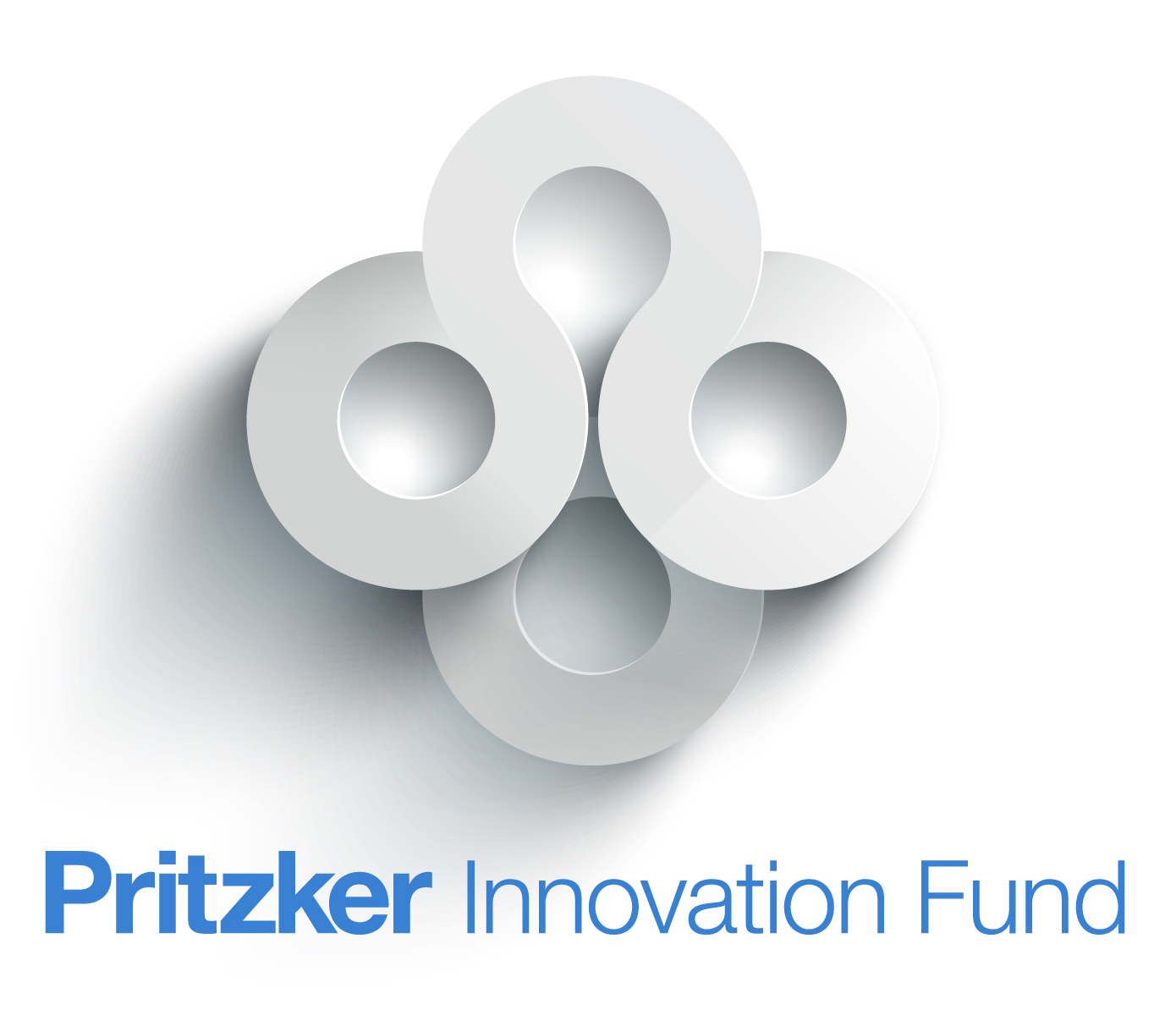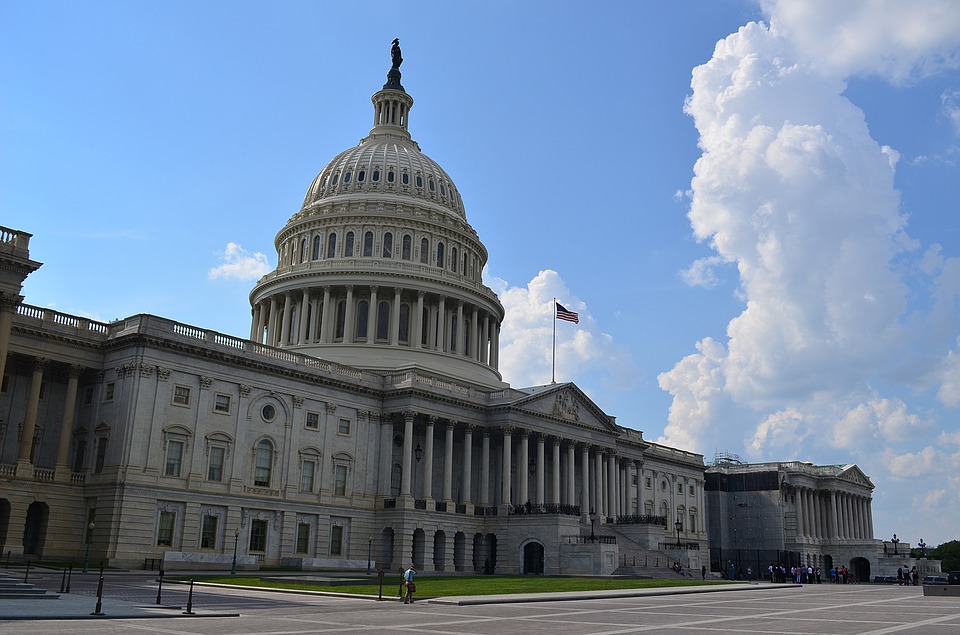What we believe
Today's Problems are Wicked
Wicked problems are challenges so complex they defy easy understanding. There is wide disagreement about the exact nature of the problems, let alone the solutions to them. Unspoken beliefs cause confusion and conflict, and the best-laid plans have unintended consequences. Many of the big issues philanthropy aims to address today – from climate change to poverty to the future of liberal democracy – are classic wicked problems. Solving them will require a willingness to question our own assumptions and an openness to new ideas beyond what we have previously considered.
Ideas Drive the World
Ideas shape how society thinks and acts. New ideas can transform our understanding of complex problems, help identify original solutions, and break through polarization and gridlock by shifting the terms of debate. Ideas also play a critical role in driving markets, informing public policy, and influencing philanthropy. We invest in the development of new paradigms in order to address the most wicked challenges of the 21st century.
Liberal Democracy Matters
We believe in a robust role for government in addressing society’s greatest challenges. The United States government is the largest and most important lever on many of the most wicked problems facing our world, but its effectiveness is being undermined by political polarization, hyperpartisanship, and illiberalism, all of which are amplified by rapid demographic and technological change. The values, norms, and institutions of liberal democracy need to be defended and revitalized so that people can live free and secure lives and government can again play its proper role in helping solve complex challenges.
We Can Learn from Progress
By most objective measures the world has experienced dramatic progress over the past few centuries. Increasing numbers of people live longer, healthier lives than ever before, with reliable access to basic needs like food and education. A growing number of people have the ability to choose their own destinies – including what they do and who they love. Recognizing this progress does not mean denying the very real challenges that the world faces today, and of course there is nothing inevitable about future progress. But we have much to learn about social change from the successes of the past and we remain conditionally optimistic that human ingenuity, forward-looking policies, and bold philanthropic and social movements will help make tomorrow better than today – just as today is better than yesterday.




